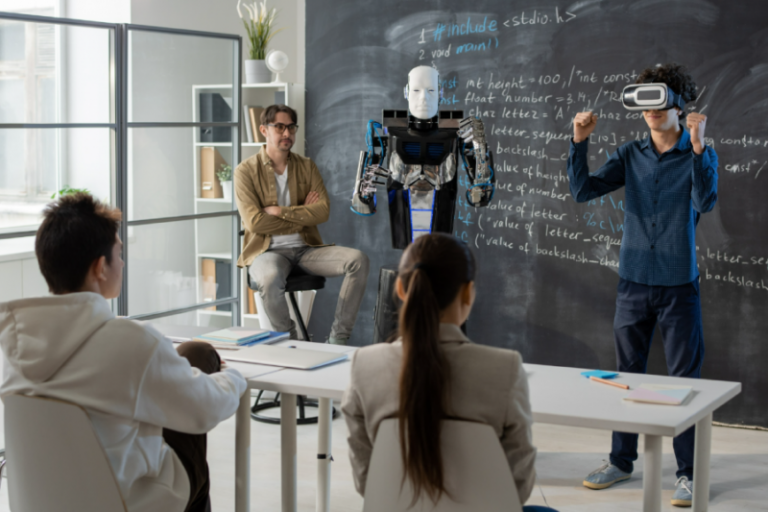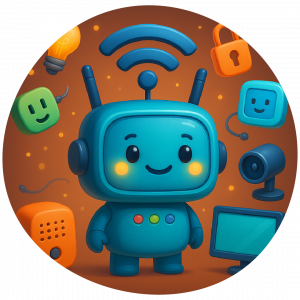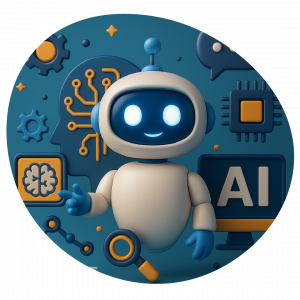Written by:
Juan Valiente
Executive Director TBox
Artificial Intelligence (AI) is generating concern and admiration in the world. Its productive and learning capabilities in various areas of human endeavor are raising alarm bells. People in various professions see risks in their income due to the possible replacement of some tasks through AI engines. And educators are also concerned about the impact on teaching and learning.
We believe that AI can replace the academic effort of students in producing, for example, essays on complex topics, presentations of different nature, artistic productions, solving mathematical, physical, chemical problems, etc. The fear is that students will settle into not learning anything and simply make use of these powerful tools. Instead, we need to show people how these tools can help us learn better. We also need to show teachers how we can use these tools to be more innovative and spend more quality time interacting with students.
But what is artificial intelligence? Let’s use everyday definitions. AI is a computer system that simulates the processes of human intelligence, including learning, reasoning and measuring results. There are weak and strong AI systems. Weak ones are those designed for a very particular function, such as Siri or Alexa. Strong ones are those with cognitive capabilities, those that presented with a problem have enough intelligence to reason and find alternative solutions. For example, ChatGPT can be presented with various problems and is able to produce solutions and show the process to reach them.
In education, what is most relevant is how it will revolutionize learning and teaching. How could it improve the way students learn? AI would deepen the dream of personalized learning. AI-based educational systems would be able to assess the individual progress of each student and give immediate feedback. By identifying each student’s strengths and weaknesses, educational systems could dynamically reorganize the content to be studied and learned by each student. Would we see better learning outcomes?
In teaching, it could become an element that generates efficiency for teachers. They could use AI-based systems to perform repetitive tasks and thus focus on building better relationships with their students in order to directly address their concerns and develop personalized teaching.
Additionally, educational systems with strong technological and AI foundations can make more online resources available to students. Institutions and states could better equalize teaching by making all this information available through the Internet. We are talking about videos, interactive systems, tutorials, online seminars (known as webinars), and so on. Geographical or economic conditions would no longer matter if the issue of technological infrastructure and accessibility were resolved.
AI in education needs to be part of the digital transformation of education. It is not about adding these solutions on top of the current infrastructure, methodology, institutional capabilities, teaching capabilities. It requires truly transforming the educational process now so that the new AI-based systems achieve the stated goals of improving teaching and learning.
Another challenge, no less important, that must be incorporated into educational systems is the training of students to become technology creators and professionals who can make intelligent, ethical and responsible use of available technologies such as AI-based systems. Considering the transformations, we are experiencing in the world of work and in the global economy, it is essential to make students ready for these opportunities and challenges.
Each institution should review in the light of its vision, values, and approach, the possibilities and limitations that AI would have on educational processes. In any case, students must have a clear understanding of how to make use of AI-based systems to enhance their own learning. It is not about using a system to do a task for you, which would be irresponsible and unethical. It is about making use of these tools to understand how I can improve the task I have already developed and need to submit. There is an inherent strength in this feedback process that enhances learning.
AI has come to change the rules of the game in the economy, in jobs, in education. Out of responsibility to the new generations, we must not allow education systems to remain anchored in processes linked to the industrial era. We must embrace the challenges of the future by promoting from now on, with ethics and responsibility, the digital transformations that our institutions require to better support our students.




